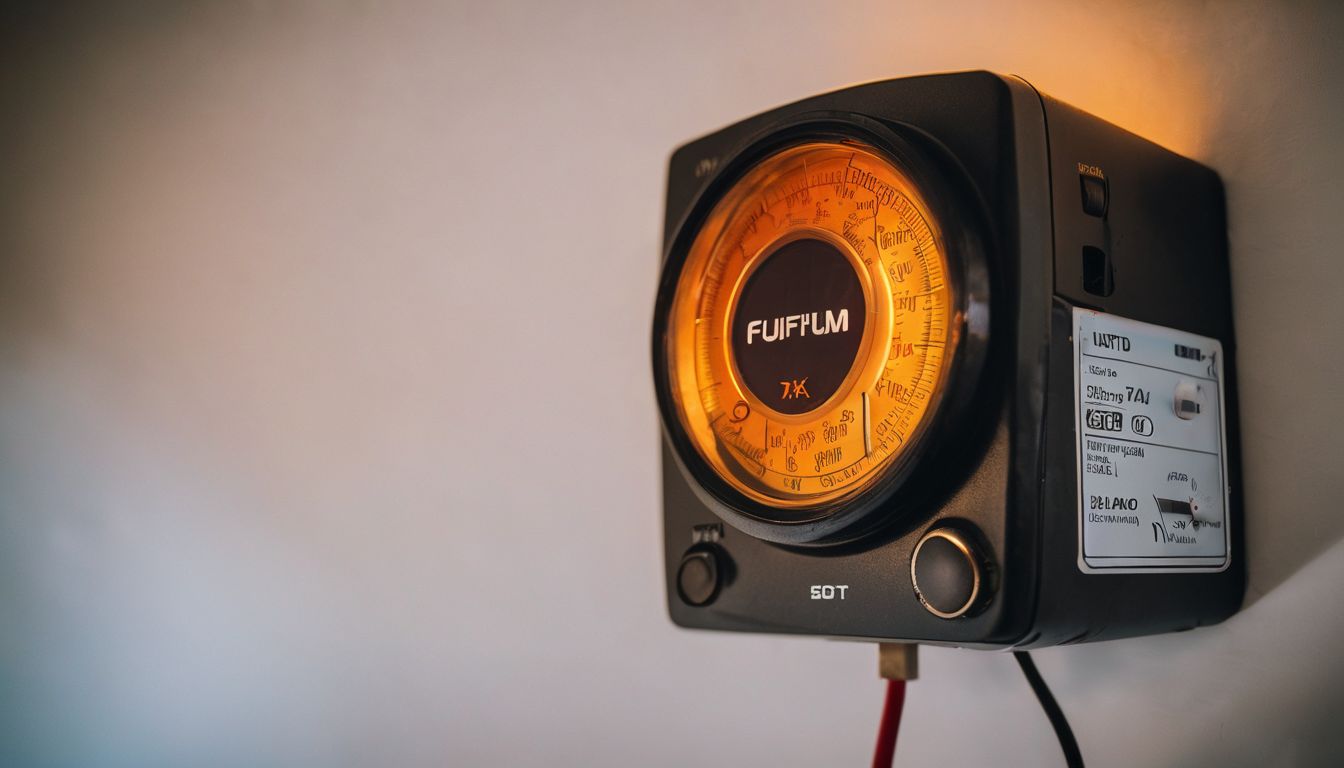As summer sizzles, the comfort of a well-functioning air conditioner becomes a cornerstone of modern life. However, many homeowners experience an unsettling phenomenon: a cacophony of sounds emanating from their cooling unit as it shuts down. This auditory display can range from gentle humming to loud clanging, and it’s not mere coincidence. Understanding the reasons behind your air conditioner’s noisy farewell can provide valuable insights into its operation, maintenance needs, and even the general ambiance of your living space.
First and foremost, it is essential to recognize that air conditioners are not silent machines. They are complex systems that involve numerous moving parts, each performing integral functions to ensure optimal cooling. When these parts operate normally, they produce a level of sound that many have grown accustomed to—think of the soft, rhythmic hum of an operational compressor. However, as the unit cycles off, various components may create abrupt and sometimes jarring noises that are anything but soothing.
One common cause of this clamor is the nature of the contraction and expansion of metal components within the air conditioning system. When the unit runs, metals heat up and expand; conversely, as it cools down at shutdown, they contract. This thermal dynamic can lead to creaking or popping sounds that echo through your home. While these noises can be concerning, they are often harmless and merely indicative of the materials responding to temperature changes.
Moreover, the way air conditioners are installed can significantly influence the sounds they make. Units that are not properly installed may vibrate against adjacent surfaces, creating unsettling rattles and clanks as they power off. If your air conditioning system is not level or if its mounting bracket has loosened over time, you could be in for a noisy departure every time your unit powers down. Ensuring that your system is installed by a professional can mitigate many of these auditory adversities.
Additionally, dirt accumulation can play a dastardly role in exacerbating operational noise. As the air filter and condenser coils become laden with dust and debris, the system works harder to maintain its cooling efficacy. This strain can produce a variety of sounds, including whistling and wheezing. Regular maintenance, including changing filters and cleaning coils, not only extends the life of your unit but also ensures a quieter, more pleasant operation.
It’s also worth considering that some air conditioning systems utilize internal fans to assist in distributing cool air. When these fans engage and disengage—particularly if they are old or worn—clattering noises can ensue. A failing fan may struggle to slow down when power is cut, resulting in thumps or knocks as it comes to a halt. Keeping an ear out for these sounds and addressing them promptly can prevent further damage and ensure your system remains reliable.
Another often-overlooked reason for the noise when your air conditioning system shuts off pertains to the refrigerant flow. Air conditioners operate on a refrigerant cycle that involves the condensation and evaporation of refrigerant gas. If there are issues, such as a refrigerant leak, it could create irregular sounds at shutdown. Not only do these noises signal potential problems, but they can also indicate inefficiencies that may increase your energy bills due to suboptimal performance. Consulting a professional for regular checks can keep your system running smoothly and quietly.
The age of the air conditioning unit can influence its proclivity for noise as well. Older units, having been subjected to wear and tear over the years, may exhibit a range of sounds during operation and shutdown. As components degrade, the integrity of seals can falter, leading to whistling or rattling noises. If your model is reaching the end of its lifespan, it might be time to consider upgrading to a newer, quieter model. Modern units are designed with noise reduction technology that significantly diminishes operational sounds and enhances overall comfort.
Moreover, the type of air conditioning system impacts the acoustic experience during shutdown. Central air systems may emit less noise compared to window units, as they disperse sound throughout the larger ductwork of a home. Conversely, wall-mounted or window models may produce sharp, localized noises that can be startling. Understanding your system type can provide context for the sounds you hear and may help in troubleshooting specific issues.
A curious complexity lies in the relationship between your air conditioning system and environmental factors. During high-pressure periods, such as sweltering summer days, the unit may operate more intensely than usual. This added stress can result in more substantial banging or hissing when the system finally powers down. Similarly, being attentive to how temperature fluctuations play a role in the operational sounds can lead to a greater comprehension of your unit’s functioning.
While the loud goodbye of an air conditioning unit can be disconcerting, it often serves as a premonition of deeper mechanical truths. By maintaining awareness of the sounds your system makes and remaining proactive about its upkeep, you can cultivate a serene atmosphere within your home. After all, an air conditioner is not just a machine—it’s a vital component of your sanctuary, designed to provide respite from the heat while remaining a relatively quiet companion. Addressing noise issues not only enhances your comfort but also prolongs the life of your cooling system, ensuring that its farewell is as gentle as its welcome.
